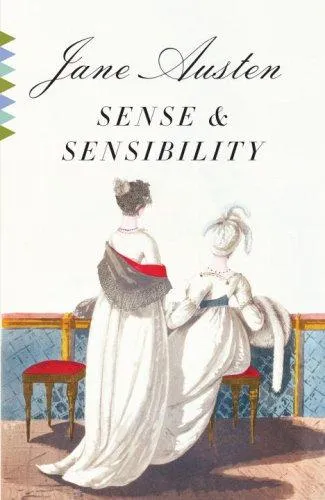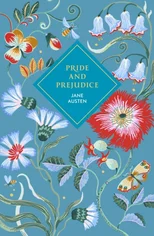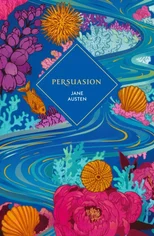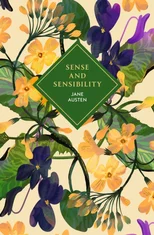Sense and Sensibility
(Author) Jane AustenIn its marvelously perceptive portrayal of two young lovestruck women, Sense and Sensibility proves that Jane Austen’s novels, along with their perfection of form and tone, are full of strong feeling. With a new introduction by Sandra Cisneros. Its two heroines—so utterly unlike each other—both undergo the most violent passions when they are separated from the men they love. What differentiates them, and gives this extraordinary book its complexity and brilliance, is the way each expresses her suffering: Marianne–young, impetuous, ardent–falls into paroxysms of grief when she is rejected by the dashing John Willoughby; while her sister, Elinor—wiser, more sensible, more self-controlled—masks her despair when it appears that Edward Ferrars is to marry the mean-spirited and cunning Lucy Steele. All, of course, ends happily—but not until Elinor’s “sense” and Marianne’s “sensibility” have equally worked to reveal the profound emotional life that runs beneath the surface of Austen’s immaculate and irresistible art.
Jane Austen
Jane Austen was an English novelist born in 1775 in Hampshire, England. She is best known for her novels which explore the lives and manners of the English gentry in the early 19th century. Austen's most notable works include "Pride and Prejudice," "Sense and Sensibility," and "Emma." Her writing style is characterized by wit, social commentary, and keen observation of human nature. Austen's works have had a lasting impact on the literary genre of the novel, particularly in the development of the comedy of manners. Her most famous work, "Pride and Prejudice," is considered a classic of English literature and continues to be widely read and studied today. Austen's contributions to literature include her insightful portrayal of characters and relationships, her exploration of the role of women in society, and her enduring appeal to readers of all ages.






